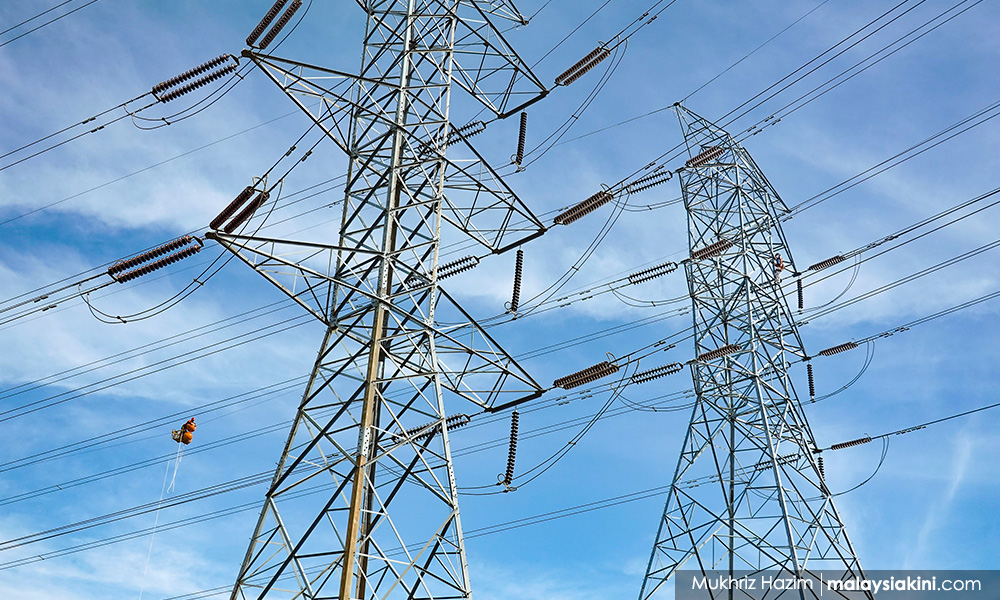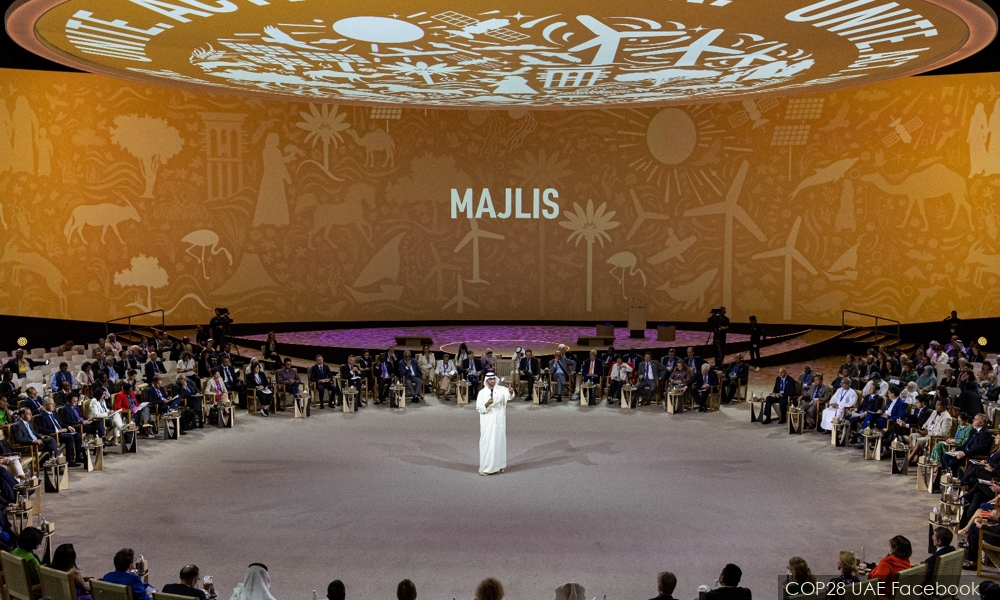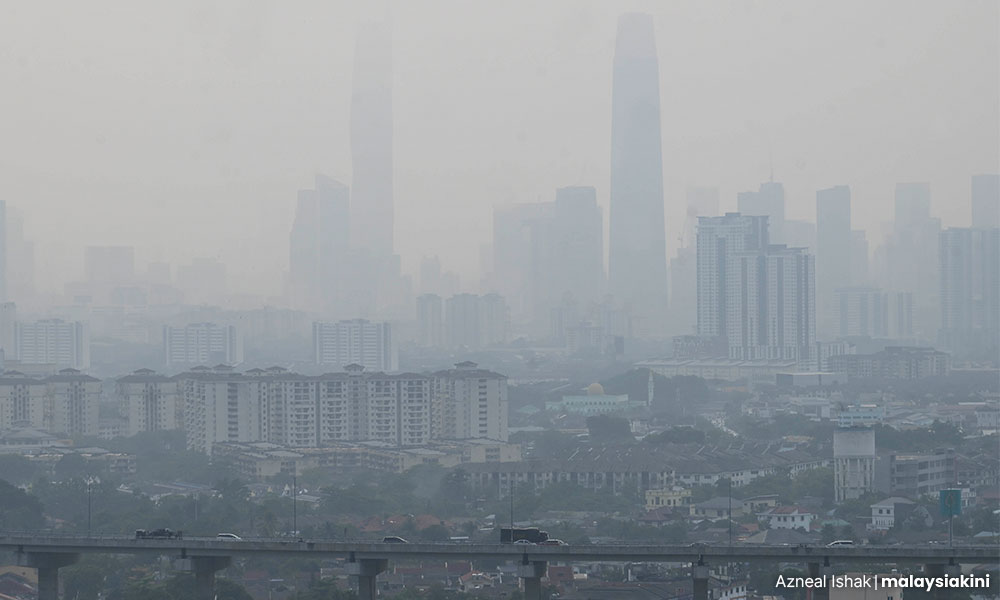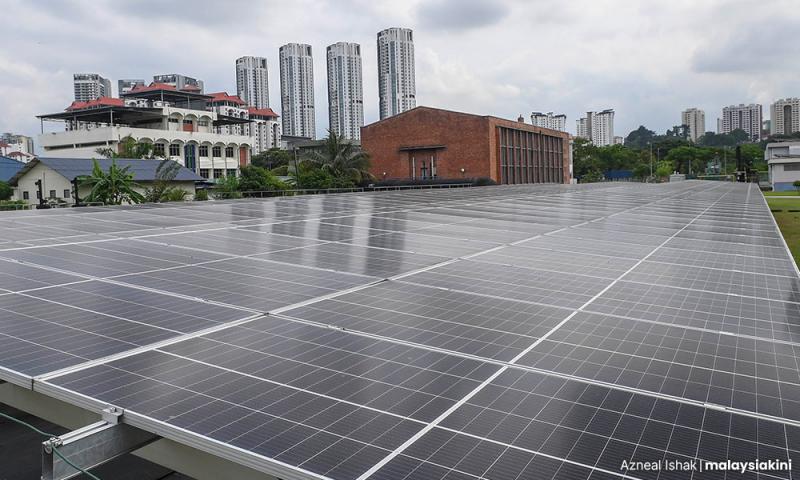LETTER | Renewable realities: Unpacking promises post-COP28
LETTER | The global emphasis on transitioning to renewable energy took centre stage at COP28 in Dubai, resulting in a historic agreement where nations pledged to move away from fossil fuels and accelerate the adoption of renewable energy.
While the outcome emphasised transitioning from fossil fuels in an orderly and equitable manner, it also highlighted the need to address the financial challenges associated with the widespread implementation of renewables.
The agreement also recognised the complex role of transitional fuels in the energy transition, particularly in the context of oil- and gas-producing countries.
These aspects are likely to be important points of discussion at the next UN climate summit.
Malaysia has demonstrated proactiveness in embracing decarbonisation and renewable energy. The government has urged the private sector to join this transition, aligning with the National Energy Transition Roadmap (NETR).
The NETR prioritises a balanced approach considering environmental impact, commercial feasibility, and stakeholder well-being.

It aims to embed social inclusion, sustainable employment, and resilient community development in the energy transition process.
Malaysia has set ambitious targets, aiming for 70 percent of its energy supply from renewables by 2050, a notable increase from the previous goal of 40 percent by 2035.
The Sustainable Energy Development prospectus, launched at COP28, outlines the country’s strategies for energy-related companies to contribute to this transition.
In addition, Masdar, a UAE-based renewable energy company, signed agreements at COP28 to explore a 1,000MW solar project in Malaysia.
According to the International Renewable Energy Agency (Irena), transitioning to renewable energy could annually save Malaysia between USD9 billion and USD13 billion by reducing climate and health costs.
The report affirms Malaysia’s potential to achieve its net-zero goal with an increased focus on renewables.

As Malaysia progresses in renewable energy, it is crucial to recognise the broader societal implications, especially for vulnerable communities.
Community impact
The transition can significantly impact children, youth, and marginalised communities positively by improving air quality, reducing health risks, and providing new educational and employment opportunities in the green economy.
Ensuring an inclusive transition where the voices of these groups are heard in decision-making processes related to renewable energy projects is essential.
The concept of a just transition, ensuring a fair and equitable shift to a sustainable economy, gains prominence as the world moves towards renewable energy.
This is particularly crucial for marginalised communities, including children and youth.
Prioritising a just transition involves creating green job opportunities, supporting affected workers and communities, and ensuring that the benefits of renewable energy are accessible to all.
Benefits and challenges
Renewable energy sources offer multifaceted advantages for the environment and society.
Lower maintenance requirements compared to traditional fossil fuel alternatives result in reduced operational costs, enhancing the economic viability of renewable energy.
Environmental benefits, such as minimal greenhouse gas emissions, contribute to a cleaner and healthier environment.
The shift enhances energy security by reducing dependence on geopolitically risky fossil fuels, serving as a catalyst for job creation and improving public health by reducing air pollution.

However, challenges accompany renewable energy sources, including higher upfront costs, intermittent energy production, limited storage capabilities for certain sources, and geographic limitations.
Recognising and addressing these challenges is crucial for a sustainable and resilient energy future.
While Malaysia has made commendable commitments, attention to financing and grid enhancement is necessary for higher shares of renewable energy in the electricity mix.
Exploring alternatives to natural gas, such as combining renewable energy with nuclear energy, can ensure a just, sustainable, and secure transition.
Focusing on social inclusion, sustainable employment, and resilient community development remains crucial.
Towards a sustainable future
The discussions at COP28 and Malaysia’s efforts in renewable energy highlight a pivotal moment in shaping our energy future. The promises made and goals set show a shared understanding of the need for change.
But as we move toward cleaner energy, it’s crucial to consider not just the upsides and downsides but also to make sure everyone benefits.
Getting to a sustainable energy future means keeping up the talk, working together across borders, and coming up with new ideas. Governments, businesses, and banks need to rethink their plans to keep pace with the changing world of renewable energy.
Energy transition is not just about switching power sources, but a big shift in how we do things that should take into account the needs of everyone, especially those who might get left behind.
The choices we make today will induce effects way down the line, so let’s aim for an energy future that’s not just good for the environment but fair for everyone and makes economic sense too.
The views expressed here are those of the author/contributor and do not necessarily represent the views of Malaysiakini.
RM12.50 / month
- Unlimited access to award-winning journalism
- Comment and share your opinions on all our articles
- Gift interesting stories to your friends
- Tax deductable
